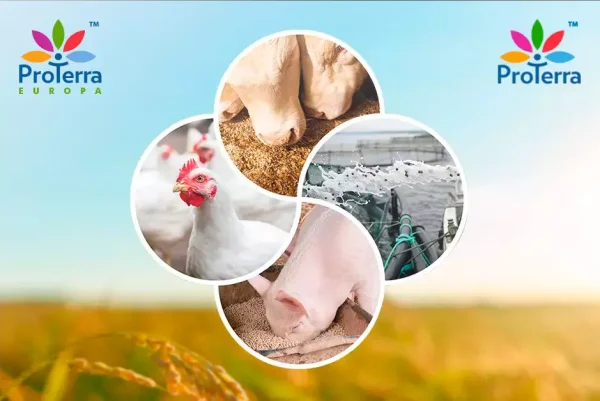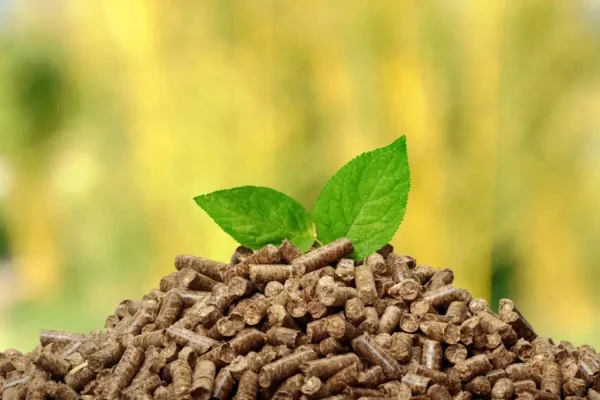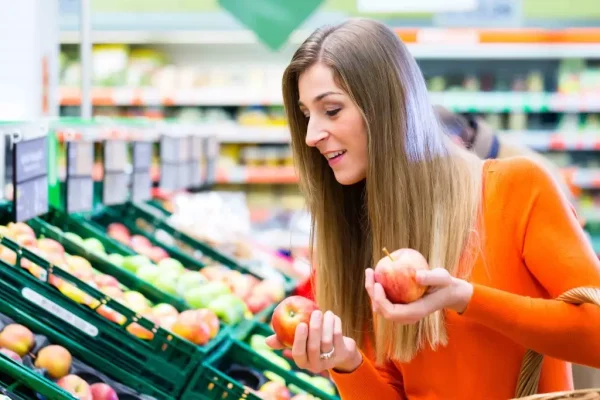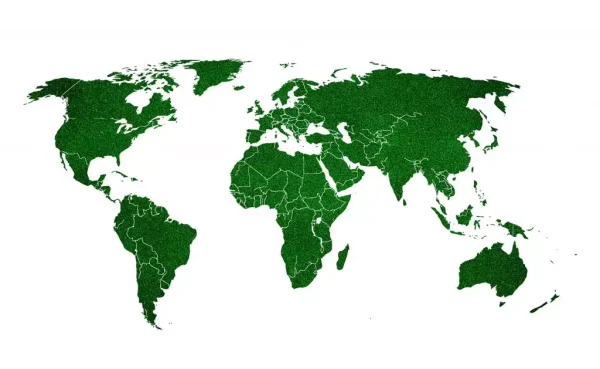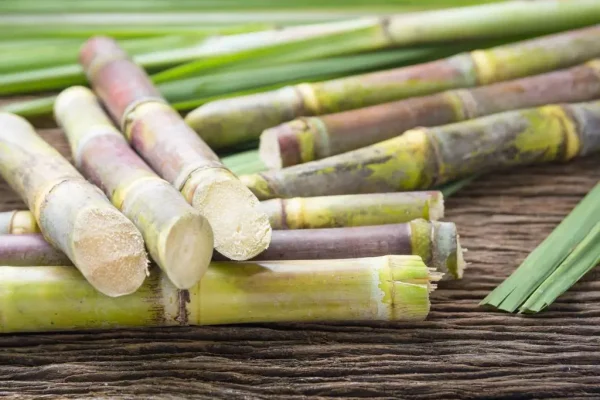ProTerra embraces mutual recognition and synergies wherever applicable. These synergies aim at reducing costs and complexity on all levels and encourage cooperation.
The multi-crop and global aspect of the ProTerra standard supported by the benchmark process helps to reduce the number of systems needed to be operated by supply chain actors, simplify procurement policies and practices, and embrace mutual recognition and synergies wherever applicable. These synergies aim to reduce costs, audit burden and complexity on all levels of the supply chain and to encourage cooperation.



